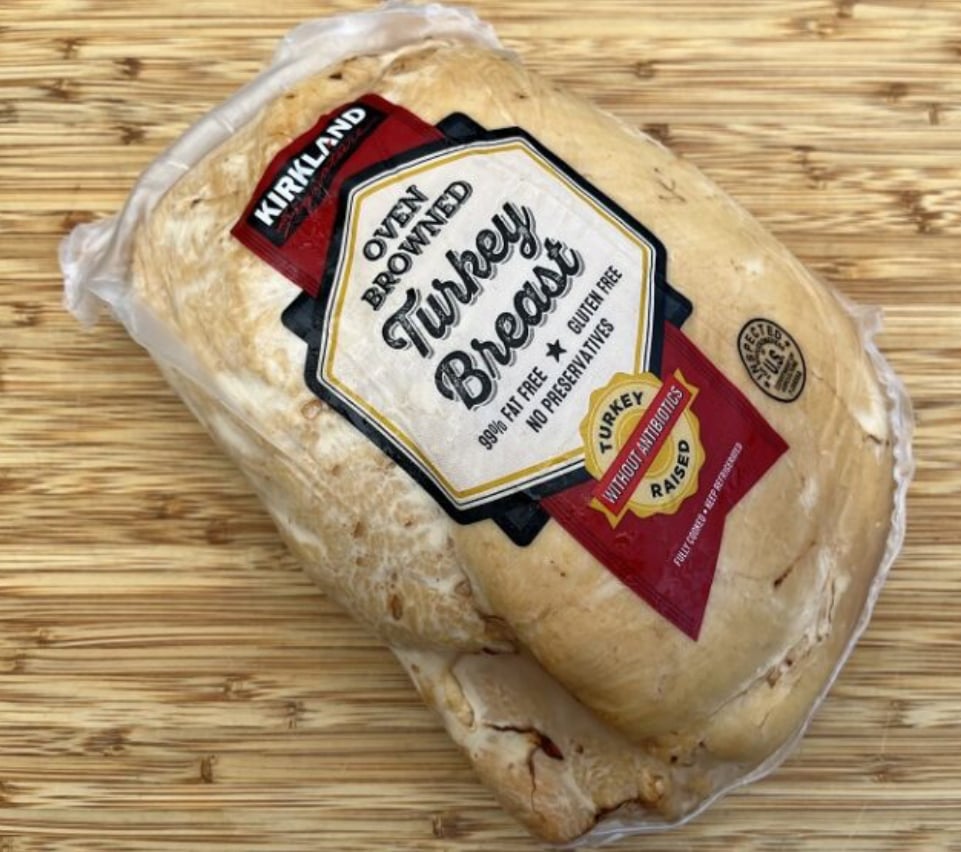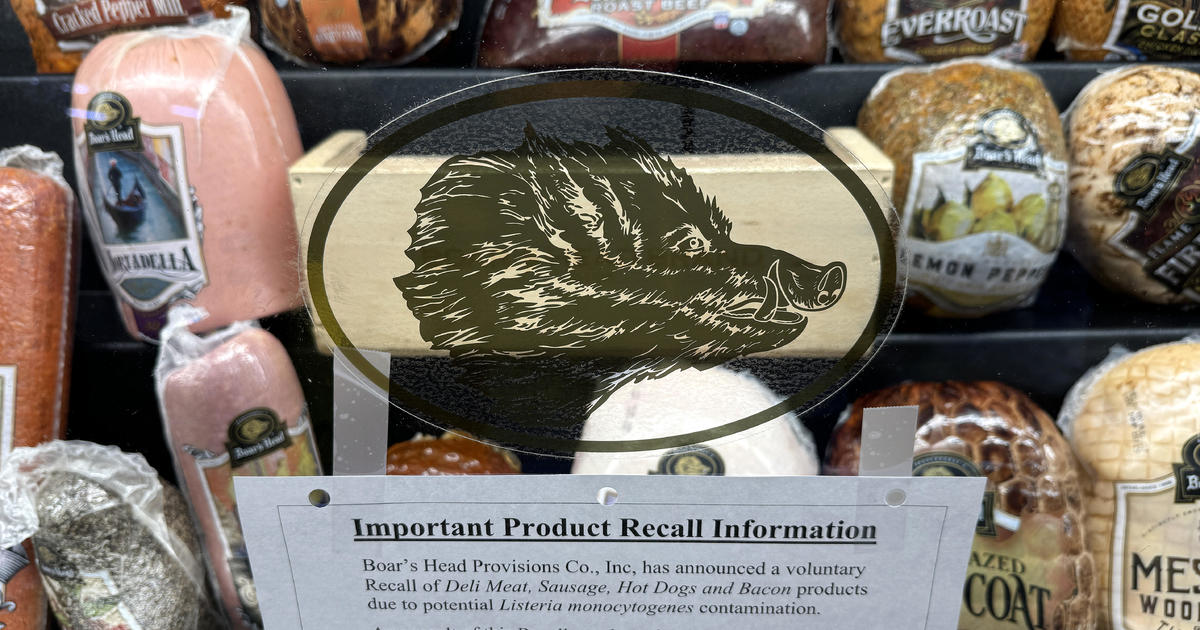The article states that these horrendous, disgusting infractions of health regulations have been documented out for at least the previous year, but given their severity, I’d imagine it’s always been this way at Boar’s Head production facilities.
I’m going to cook my deli meats from now on, no matter where they come from.
It’s unclear whether Boar’s Head will face any penalties by the USDA for the repeat issues.
We’ll waffle on penalties for Boar’s Head but immediately shut down a kid selling homemade ice cream.
What a fucked up world we live in.
To be fair, that kid was trying to raise money for a good cause and we don’t want anything good to happen ever. /s
Well good things can happen but which one of my friends are you going to make rich for that privilege?
You know, the longer we live, the more people realize that in a CAPITAL based society, the people with the CAPITAL make the rules. And if they decided “no, we DON’T have to pay the fines that poors have to” then… That’s basically become all that happens.
“hey you did an illegal and/or a fine-able offence(the fines for which were determined at a time that doesn’t reflect modern profits for companies) but since we are being told you’re have lots of money, go ahead and keep doing it but pinky promise you’ll change eventually”
Just enough of a protest to make the unimportant people think you’ve done something, but not enough to do anything of substance.
And I honestly wonder just how long it will be before “the poors” and “the unimportant people” will have enough and decide to punish companies and their leaders themselves.
Fucking hell, they are basically the only quality deli meat in my town.
At a relative level at least… They might still be…
You don’t want to tour nearly any company making food of any kind at a factory level. Things that make us sick really like food.
Why is the US food industry trying to kill it’s customers? … Oh, wait…(Checks notes) They always were.
“Premium” meats. People always forget about the quotes. Well here’s a news flash. If you like your meat processed and sliced for sandwiches you are already eating garbage meat. Don’t be surprised of a little rat feces or bugs.
A new thing we’re trying is buying the whole turkey breast and slicing it ourselves. In my area Costco sells a well sized piece. I slice up a bit in container for immediate use and take the remaining slices and vacuum seal them. Has worked well so far. I’m sure there is still some risk here with contamination but seems less?

Farmers trick: Brush it with olive oil.
You’ll notice many packaged rumps and rounds come with a small bit of oil on them. This is done to starve oxygen from getting on it and slowing down bacteria.
If you cut a chunk off, use a basting brush with some olive oil to cover the surface. it’ll last longer. Sprinkling salt also helps, but that alters the taste.
Sounds like Boar’s Head isn’t paying their inspectors enough
“Their inspectors” instead of FDA inspectors would be the issue.
You can cook everything you eat if you want, and it’d probably reduce the number of microbes you get exposed to.
However, you’re going to be foregoing stuff like fresh vegetables. Those are a factor via which disease can and has traveled. But it’s something that I don’t particularly want to give up.
Raw milk is a listeria vector, and some cheeses made from it – especially those imported from Europe – make use of raw milk. That’s probably avoidable.
You do realise that EU have much higher food production standards than the US?
French people would rather die than give up on raw milk cheese, such death would probably be celebrated.
Yeah. Hmm.
Well, you can’t heat treat it without making it not raw, but I guess it might be possible to kill listeria via irradiation, the way meats can be treated.
I don’t know if there are any restrictions on how large a cheese can be before that’s impractical. Probably costs more than pasteurization.
kagis
Sounds like it does work on listeria.
https://pubmed.ncbi.nlm.nih.gov/15726975/
Ionizing radiation can be effective in controlling the growth of food spoilage and foodborne pathogenic bacteria. This study reports on an investigation of the effectiveness of irradiation treatment to eliminate Listeria monocytogenes on laboratory-inoculated broccoli, cabbage, tomatoes, and mung bean sprouts. Irradiation of broccoli and mung bean sprouts at 1.0 kGy resulted in reductions of approximately 4.88 and 4.57 log CFU/g, respectively, of a five-strain cocktail of L. monocytogenes. Reductions of approximately 5.25 and 4.14 log CFU/g were found with cabbage and tomato, respectively, at a similar dose. The appearance, color, texture, taste, and overall acceptability did not undergo significant changes after 7 days of postirradiation storage at 4 degrees C, in comparison with control samples. Therefore, low-dose ionizing radiation treatment could be an effective method for eliminating L. monocytogenes on fresh and fresh-cut produce.












